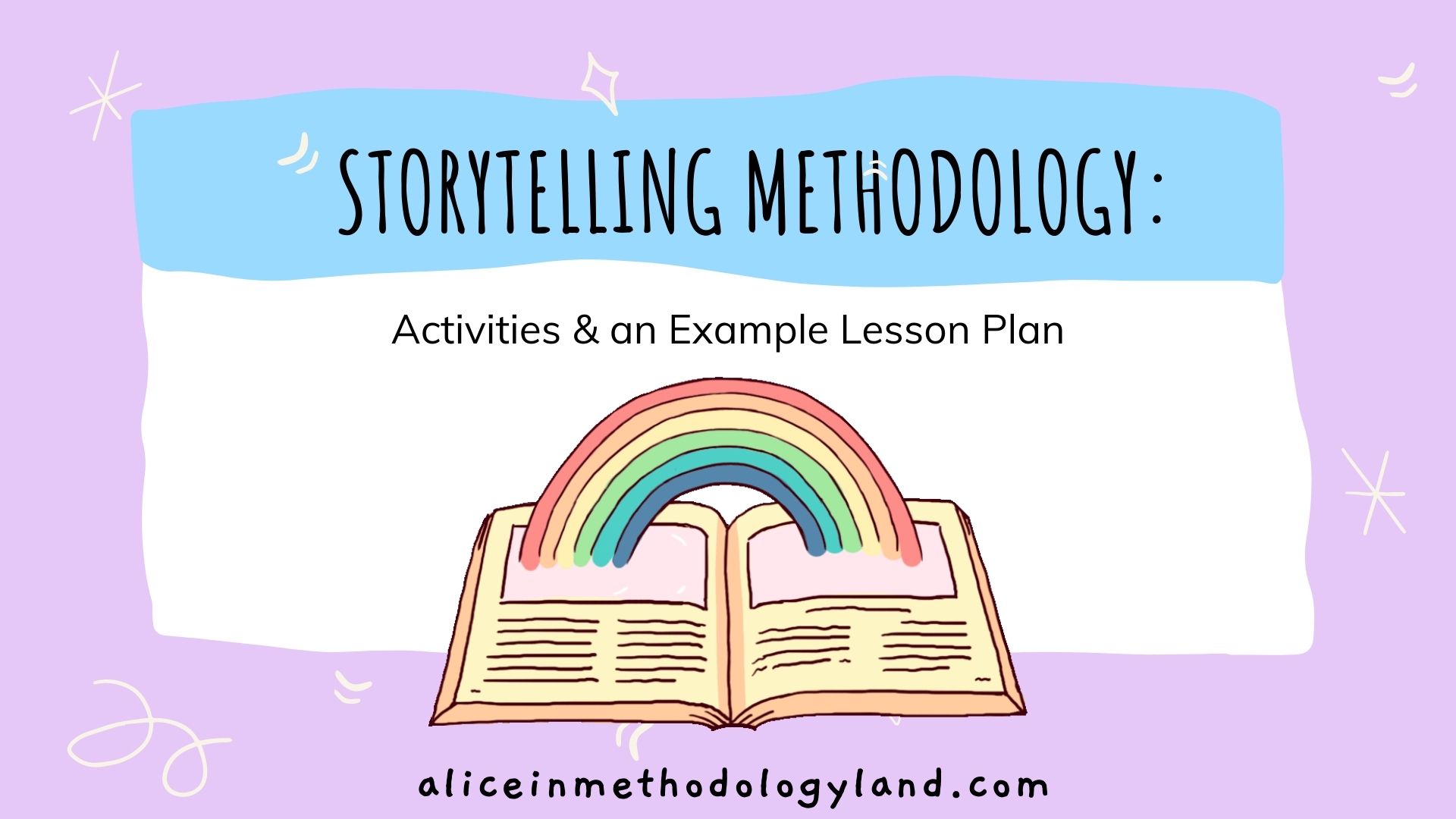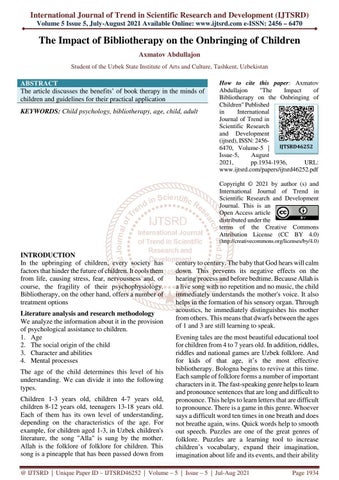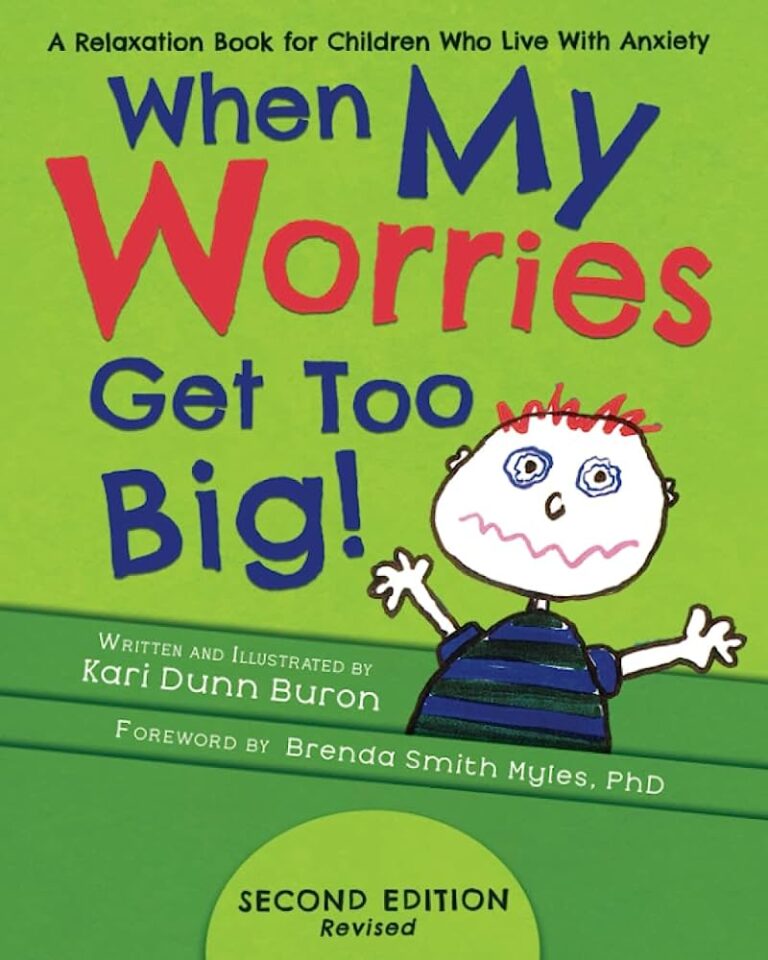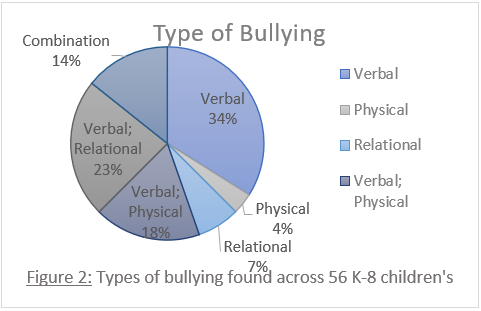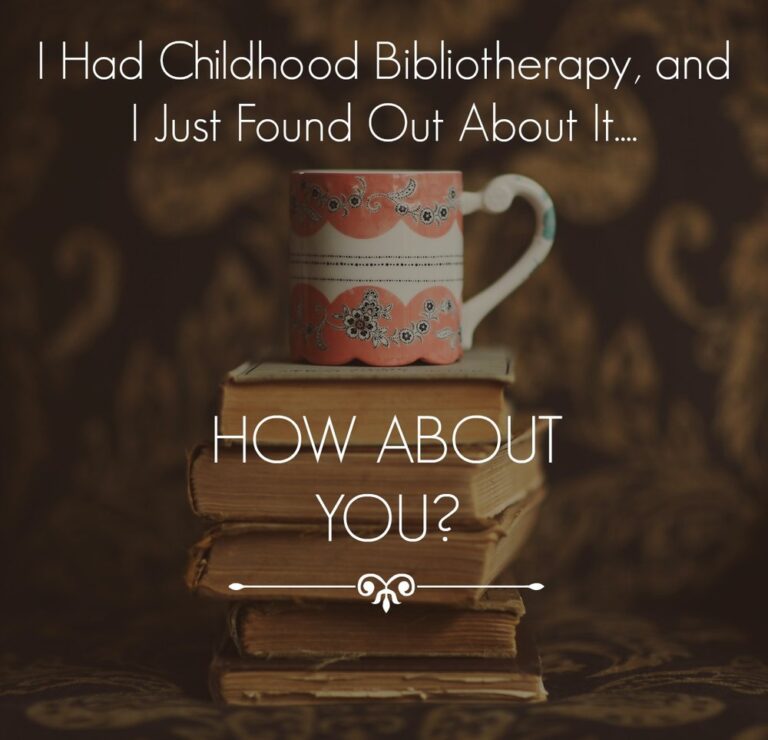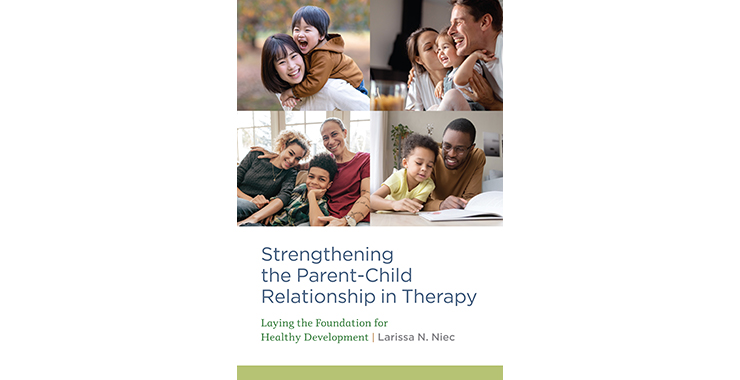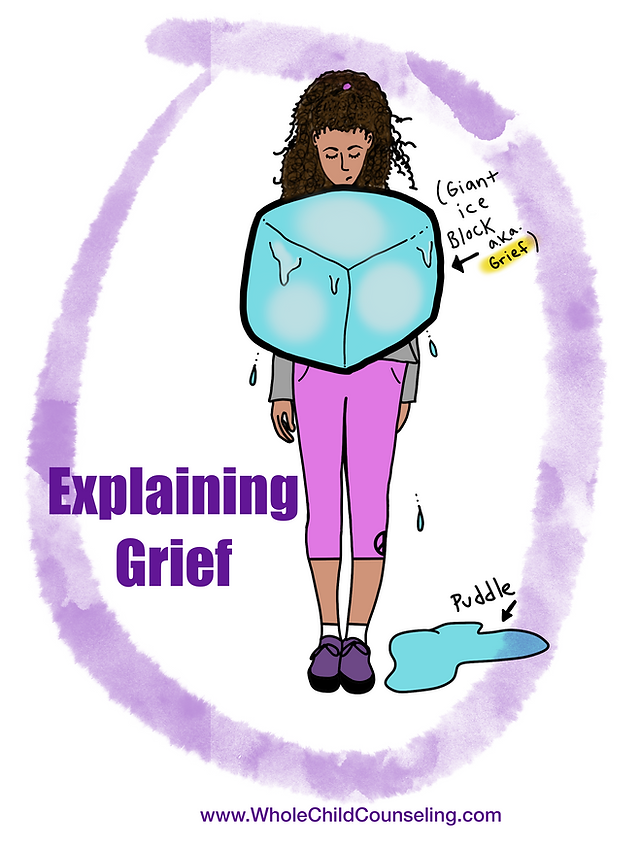Bibliotherapy for Social Skills: Teaching Children Important Lessons Through Storytelling
Originally posted on 10/06/2023 @ 16:01
Introduction
What is bibliotherapy?
What is bibliotherapy?
Bibliotherapy is a therapeutic approach that utilizes literature and storytelling as a means to promote emotional and psychological well-being. It involves the use of carefully selected books and stories to help individuals, particularly children, understand and cope with various life challenges and develop important social skills. Through the power of storytelling, bibliotherapy aims to provide individuals with a safe and engaging platform to explore different perspectives, gain insights into their own experiences, and learn valuable life lessons. By immersing themselves in the characters and narratives of books, individuals can develop empathy, enhance their communication skills, and acquire problem-solving strategies, ultimately fostering personal growth and resilience.
Importance of social skills in children
Importance of social skills in children
Developing strong social skills is crucial for children as it plays a fundamental role in their overall well-being and future success. Social skills enable children to effectively communicate, interact, and build positive relationships with others, fostering a sense of belonging and connection. These skills not only enhance their ability to navigate social situations but also contribute to their emotional intelligence, empathy, and self-confidence. By acquiring social skills, children learn important life lessons such as cooperation, respect, and problem-solving, which are essential for their personal and academic growth. Moreover, possessing strong social skills can lead to improved academic performance, as children who are socially adept are more likely to actively participate in classroom discussions, collaborate with peers, and seek help when needed. Therefore, prioritizing the development of social skills in children through strategies like bibliotherapy can have a profound impact on their overall development and pave the way for a successful and fulfilling future.
Role of storytelling in teaching social skills
The role of storytelling in teaching social skills is crucial as it provides children with a relatable and engaging medium to learn important lessons. Through storytelling, children are able to immerse themselves in different characters and situations, allowing them to develop empathy and understanding for others. By following the journey of the protagonist, children can witness the consequences of certain behaviors and actions, and learn valuable lessons about communication, empathy, and problem-solving. Storytelling also offers a safe space for children to explore and discuss complex social situations, helping them to develop their own social skills and strategies. Overall, storytelling serves as a powerful tool in teaching social skills by providing children with meaningful and memorable experiences that they can apply to their own lives.
Benefits of Bibliotherapy for Social Skills
Enhancing empathy and understanding
Enhancing empathy and understanding is a crucial aspect of bibliotherapy for social skills. Through storytelling, children are exposed to diverse characters and situations, allowing them to develop a deeper understanding of different perspectives and experiences. By immersing themselves in these narratives, children can learn to empathize with others, recognizing and appreciating the emotions and challenges faced by individuals from various backgrounds. This enhanced empathy not only fosters a more inclusive and compassionate mindset but also promotes better communication and conflict resolution skills, as children learn to consider the feelings and needs of others. Overall, bibliotherapy serves as a powerful tool in cultivating empathy and understanding, equipping children with the necessary skills to navigate social interactions with sensitivity and respect.
Developing effective communication
Developing effective communication skills is crucial for children to navigate social interactions successfully. Bibliotherapy, a therapeutic approach that utilizes storytelling, can be a valuable tool in teaching children these important lessons. Through carefully selected stories, children can learn about effective communication techniques such as active listening, expressing thoughts and feelings clearly, and understanding non-verbal cues. By engaging with characters who face similar challenges, children can develop empathy and gain insights into different perspectives, fostering their ability to communicate effectively with others. Bibliotherapy provides a safe and engaging platform for children to explore and practice these skills, ultimately helping them build strong social connections and navigate various social situations with confidence.
Promoting problem-solving and conflict resolution
Promoting problem-solving and conflict resolution is a crucial aspect of bibliotherapy for social skills. Through storytelling, children are exposed to various scenarios that require problem-solving and conflict resolution skills. By engaging with characters who face challenges and conflicts, children can learn valuable lessons on how to navigate difficult situations in their own lives. They can observe different approaches to problem-solving and conflict resolution and develop a deeper understanding of the consequences of their actions. Additionally, bibliotherapy provides a safe space for children to explore and practice problem-solving skills, allowing them to build confidence and competence in resolving conflicts effectively. Overall, incorporating problem-solving and conflict resolution themes in bibliotherapy can empower children with the necessary skills to navigate social interactions and foster healthy relationships.
Choosing Appropriate Books
Identifying relevant social skills
Identifying relevant social skills is a crucial step in utilizing bibliotherapy as a tool for teaching children important lessons through storytelling. In order to effectively address the specific social needs of children, it is essential to identify the key social skills that are relevant to their developmental stage and individual circumstances. This involves recognizing areas where children may struggle, such as communication, empathy, problem-solving, or conflict resolution. By pinpointing these relevant social skills, educators and therapists can select appropriate books and stories that not only capture the attention of children but also provide valuable lessons and examples to help them navigate social interactions more effectively. Through the identification of relevant social skills, bibliotherapy can become a powerful tool for fostering social growth and enhancing children’s overall well-being.
Considering age-appropriate content
Considering age-appropriate content is crucial when utilizing bibliotherapy for teaching social skills to children. It is important to select stories that are suitable for the developmental stage and maturity level of the child. Younger children may benefit from simple and straightforward narratives that focus on basic social skills such as sharing, taking turns, and expressing emotions. As children grow older, more complex stories can be introduced, addressing topics like empathy, conflict resolution, and understanding diversity. By tailoring the content to match the child’s age and cognitive abilities, bibliotherapy can effectively engage children in meaningful discussions and help them internalize important social lessons.
Selecting engaging and relatable stories
When selecting engaging and relatable stories for bibliotherapy, it is crucial to consider the specific social skills that need to be addressed in children. The chosen stories should have characters and situations that resonate with the target audience, allowing them to connect and empathize with the narrative. By selecting stories that are relatable, children are more likely to become fully engaged in the storytelling process, making it easier for them to internalize the lessons being taught. Additionally, it is important to ensure that the stories are age-appropriate and culturally sensitive, as this will further enhance the relevance and relatability for the children.
Implementing Bibliotherapy in Education
Incorporating books into curriculum
Incorporating books into curriculum is an effective way to enhance social skills development in children. By integrating bibliotherapy into the educational setting, educators can provide students with valuable lessons and insights through storytelling. Utilizing carefully selected books that address various social situations and challenges, teachers can engage students in meaningful discussions and activities that promote empathy, communication, and problem-solving skills. Incorporating books into the curriculum not only fosters a love for reading but also encourages children to reflect on their own experiences and develop a deeper understanding of the world around them. Moreover, this approach allows for a holistic approach to education, nurturing both academic and social-emotional growth in students.
Facilitating discussions and reflections
Facilitating discussions and reflections is a crucial aspect of implementing bibliotherapy for social skills in children. After reading a story, it is essential to engage the children in meaningful discussions to encourage them to reflect on the lessons learned. This can be done by asking open-ended questions that prompt them to share their thoughts, feelings, and personal experiences related to the story’s themes. By creating a safe and supportive environment, children can express their opinions, listen to others, and develop empathy and understanding. Additionally, facilitating reflections allows children to connect the story’s content to their own lives, helping them internalize the social skills and apply them in real-world situations. Through these discussions and reflections, bibliotherapy becomes an interactive and transformative tool for teaching children important lessons and fostering their social development.
Using creative activities for deeper understanding
Using creative activities for deeper understanding can be an effective approach when utilizing bibliotherapy for teaching children important social skills. By incorporating various interactive and imaginative activities, children are able to engage with the stories on a deeper level, enhancing their comprehension and retention of the lessons being taught. For instance, role-playing exercises can allow children to step into the shoes of the characters and experience firsthand the challenges and triumphs they encounter. Additionally, art projects or writing prompts inspired by the stories can encourage children to express their thoughts and feelings, fostering self-reflection and empathy. These creative activities not only make the learning process more enjoyable but also provide children with a safe and supportive environment to explore and internalize the valuable social lessons imparted by the stories.
Case Studies: Successful Implementation
Improvement in conflict resolution skills
Improvement in conflict resolution skills is a crucial aspect of bibliotherapy for social skills. Through storytelling, children are exposed to various scenarios and characters that encounter conflicts and challenges. By engaging with these narratives, children can learn valuable lessons about empathy, understanding, and effective communication. They can observe how characters navigate through conflicts, identify different perspectives, and find peaceful resolutions. This exposure to diverse conflict resolution strategies helps children develop their own problem-solving skills and enhances their ability to handle conflicts in real-life situations. Moreover, bibliotherapy provides a safe and non-threatening environment for children to explore and practice these skills, allowing them to build confidence and self-awareness in their interactions with others. Overall, the use of bibliotherapy in teaching conflict resolution skills offers a powerful tool for fostering positive social development in children.
Positive impact on peer relationships
Positive impact on peer relationships
Bibliotherapy, a therapeutic approach that utilizes books and storytelling to address emotional and behavioral issues, has shown a significant positive impact on improving peer relationships among children. By engaging children in carefully selected stories that focus on social skills and important life lessons, bibliotherapy provides a safe and non-threatening environment for children to explore and understand various social situations. Through the characters and their experiences, children can develop empathy, learn problem-solving strategies, and gain a deeper understanding of their own emotions and those of their peers. This enhanced understanding and empathy foster better communication, cooperation, and conflict resolution skills, ultimately leading to improved peer relationships. Moreover, bibliotherapy encourages children to discuss and reflect on the stories, promoting meaningful conversations and the development of social connections among peers. Overall, the use of bibliotherapy as a tool for teaching social skills has proven to have a positive and lasting impact on children’s peer relationships.
Enhanced emotional intelligence
Enhanced emotional intelligence is a significant outcome of utilizing bibliotherapy for teaching children important lessons through storytelling. By engaging with characters and their experiences, children are exposed to a wide range of emotions, allowing them to develop a deeper understanding and empathy towards others. Through the exploration of different social situations and conflicts within stories, children can learn to identify and regulate their own emotions, as well as recognize and respond appropriately to the emotions of others. This process helps foster emotional intelligence, enabling children to navigate social interactions more effectively and build stronger relationships with their peers. Moreover, by connecting with characters who face similar challenges, children can gain a sense of validation and reassurance, promoting their emotional well-being and resilience. Overall, bibliotherapy serves as a powerful tool in enhancing children’s emotional intelligence, equipping them with valuable skills that can positively impact their social development.
Conclusion
Effectiveness of bibliotherapy for social skills
The effectiveness of bibliotherapy for social skills has been widely recognized and supported by research. Numerous studies have shown that incorporating storytelling and literature into social skills interventions can have significant positive effects on children’s social-emotional development. By using books and stories as a therapeutic tool, children are able to engage with relatable characters and situations, allowing them to explore and understand various social scenarios in a safe and controlled environment. This approach not only enhances their comprehension of social skills but also promotes empathy, perspective-taking, and problem-solving abilities. Moreover, bibliotherapy has been found to be particularly effective for children with social difficulties, as it provides them with a structured and enjoyable way to learn and practice essential social skills. Overall, the evidence strongly supports the use of bibliotherapy as an effective intervention for teaching children important lessons and improving their social skills.
Long-term benefits for children
Long-term benefits for children can be observed when implementing bibliotherapy as a means to teach important social skills through storytelling. By engaging children in narratives that address various social situations, they are provided with opportunities to develop empathy, emotional intelligence, and problem-solving abilities. Through identifying with the characters and their experiences, children can gain a deeper understanding of different perspectives, learn how to navigate social interactions, and develop effective communication skills. Moreover, bibliotherapy fosters a love for reading and literature, which can have lasting effects on a child’s language development, cognitive abilities, and overall academic success. By utilizing bibliotherapy as a tool for teaching social skills, children can experience long-term benefits that extend beyond the immediate lessons learned from the stories.
Encouraging a love for reading and learning
Encouraging a love for reading and learning is crucial when implementing bibliotherapy for social skills in children. By introducing captivating and relatable stories, children are not only engaged in the narrative but also exposed to valuable life lessons. Through the power of storytelling, children can develop empathy, understanding, and critical thinking skills, all while expanding their vocabulary and knowledge base. By fostering a positive reading environment and providing access to a wide range of books, educators and parents can instill a lifelong love for reading and learning in children, ultimately enhancing their social skills and overall development.

